By Rahaf Rifai
Having lived in Ramallah all my life, I remember it as a child, a teenager, and as an adult. I would walk home to school, and then I would walk to reach my university, and now I am walking to work. In my walks all these years I have noticed one evident reality; natural and public space is decreasing more and more, and unplanned urban development is increasing. What once was green space has been turning slowly to buildings that are devouring spaces that the community utilizes, and gathers in.
In Al Saha (space in Arabic) we realize the importance of that space, a place to belong to, share activities, and flourish. The concept of Al Saha is not new. However, the lack of public space has made it a necessity to re-embrace and re-introduce it in the community. Dalia’s Al Saha program is an attempt to regroup our community and bring them together to allow them to share their experiences and knowledge. Most importantly, to shed light on the abundance of resources that we have in the community and how to utilize them.
Moreover, in addition to the space, Al Saha program offers an organic garden that plants seasonal vegetables. The vegetables are then used in Dalia’s kitchen to produce homemade traditional meals for the community to enjoy. By doing so, we stress the importance of having control over our natural recourses and using them to our advantage. Moreover, at Dalia we believe in the importance of having sovereignty over our resources, therefore, the organic garden and kitchen are lucid examples of how applicable and attainable this goal is.
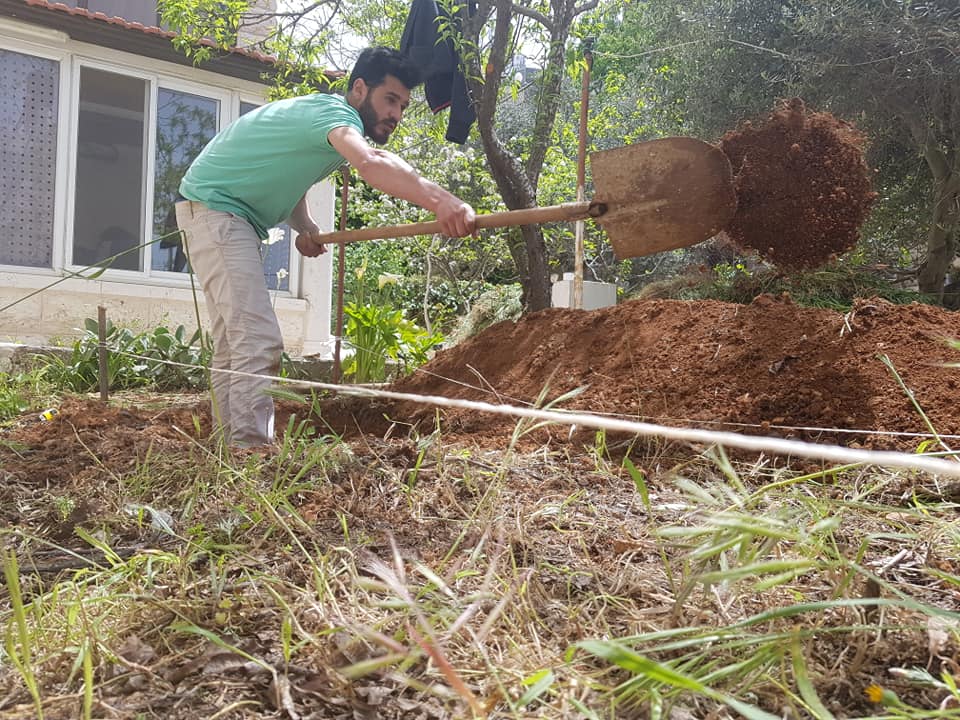
Also part of Al Saha is a project that is near and dear, and that is Dukkan (shop in Arabic); Dalia’s second-hand shop. Dukkan reflects how resources can be utilized within the community to benefit and elevate it. Dukkan is run by volunteers and depends on donation to stay running and functional. The donations received are then sold for a symbolic price; the donations are later given back to the community in the form of grants and funding. Additionally, by donating and buying from Dukkan the community engages in sustainable behavior and help remove the stigma associated with buying from second-hand shops. People from all walks of life come to Dukkan to buy books, clothes, and antiques. It is magnificent to see that whatever barriers society has built around shops like Dukkan, they are being taken down. Such concepts like Dukkan are being accepted and welcomed by all the community.
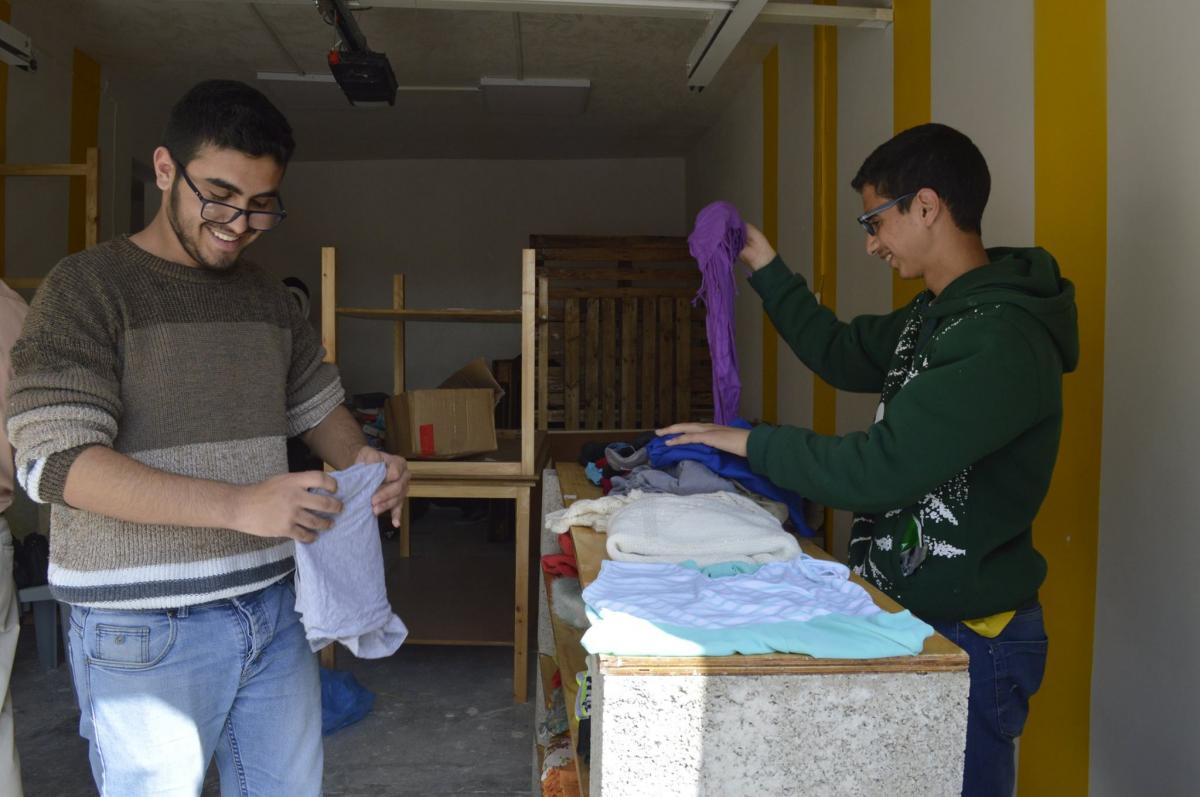
Moreover, we recently held our annual mobile Al Saha event, for the third time in the town of Kufor Aqab, on the 27th of April, in cooperation with Riwaq and the Municipality of Kufor Aqab. In this event, we bring Al Saha activities to a new location, in order to support the local economy and to revive the architectural heritage of the selected location. Local crafts workers display their works for visitors. Local and seasonal food is sold at the event. We seek examples of permanent solutions such as building a rocket stove. We revive folktales and dance. We invite poets to recount their verses. Through this event, we restore, for a temporary period, the social and community spaces that we are losing.
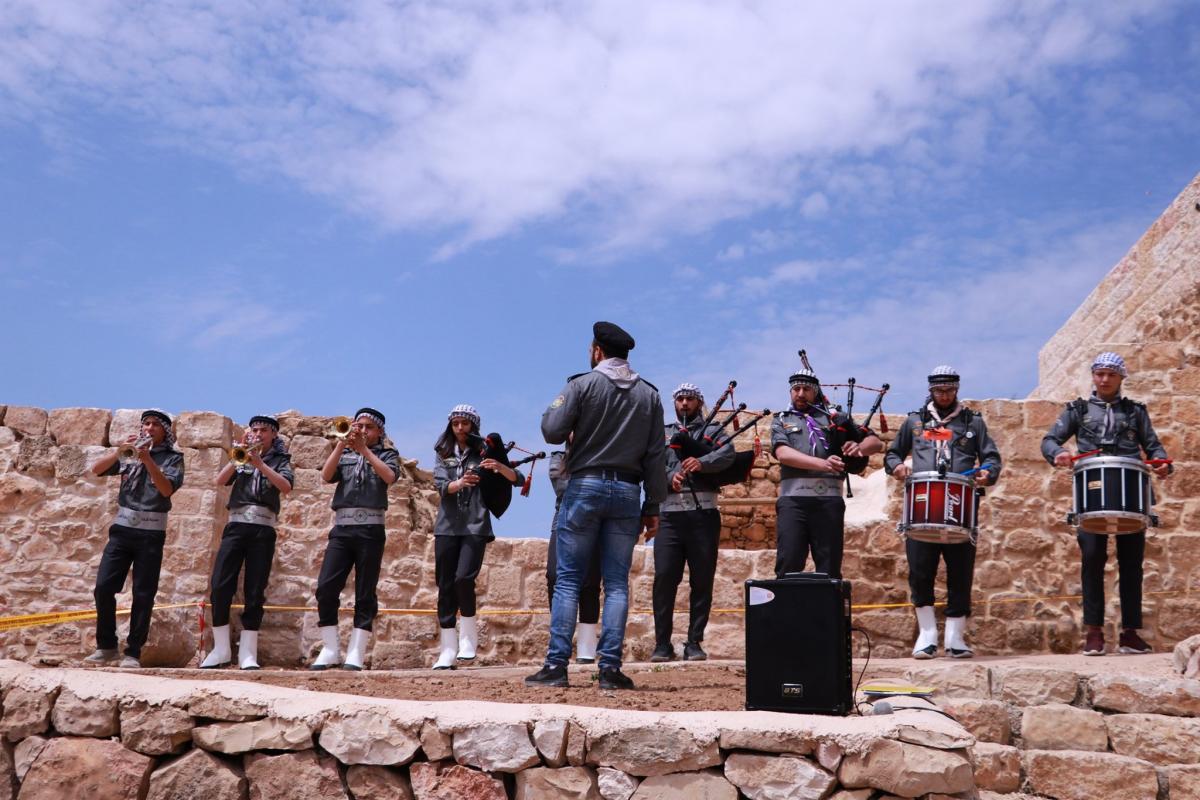
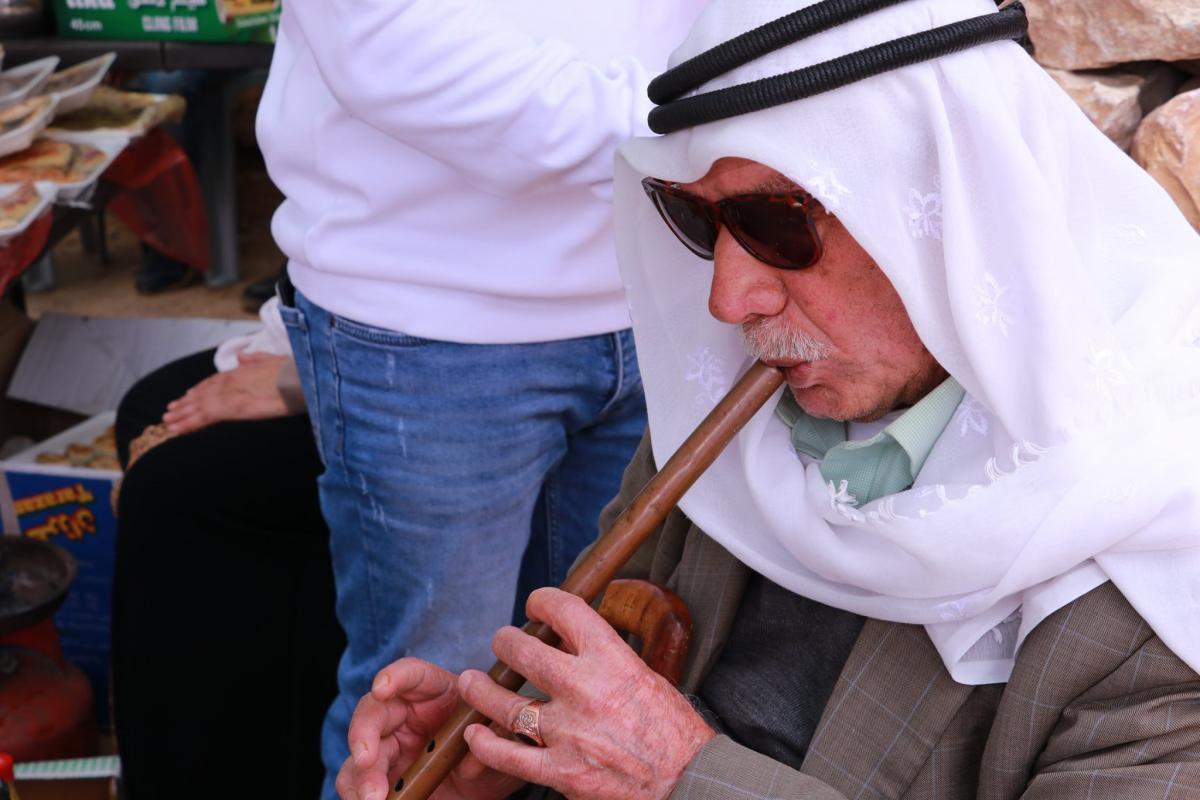
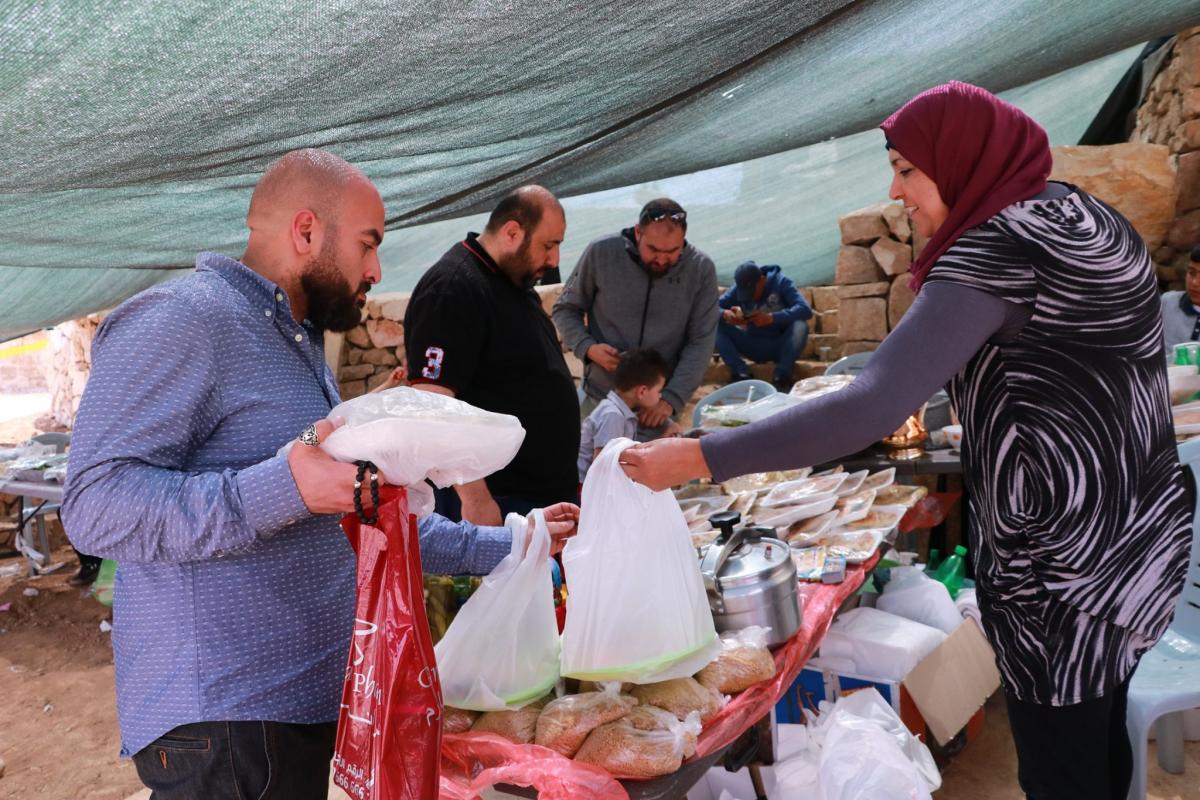
To conclude, many might say that I am overestimating the effects that Al Saha program is having on the community, and even though it is causing change, albeit a small one. However, what we are doing is not sporadic actions, but rather we are planting seeds of thought that will spread where we can’t go and will have a long-lasting effect more than we imagined. I end this piece with a quote by Julia Carney “little drops of water, little grains of sand, make the mighty ocean, and the pleasant land. So the little minutes, humble though they be, make the mighty ages of eternity”, and to that, I add: small action of change, humble though they are, can bring everlasting change to the community.

